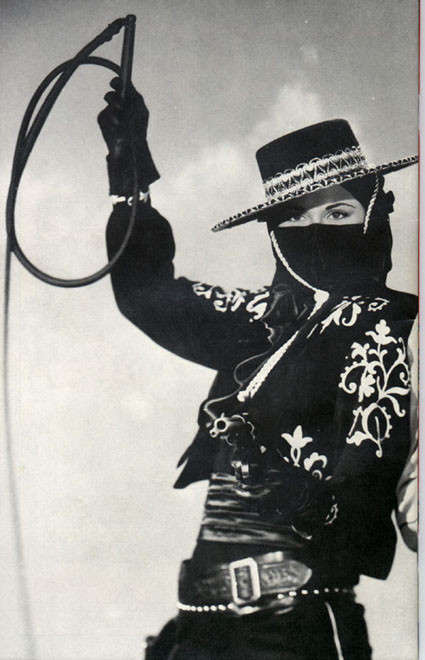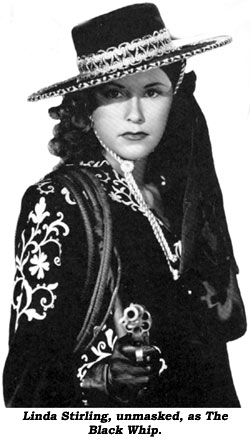Traces of the Trade: A Story from the Deep North
2008
Director: Katrina Browne
The Film Class
2006/DVD 2008
Director: Uri Rosenwaks
by Nancy Keefe Rhodes
Of all the ways these two documentary films overlap and echo one another – both deal with women who film their investigations of ancestral involvement in the global slave trade – the most visceral is the moment that each captures on film of the physical recoil against stepping into the still-preserved underground dungeons where slaves were held before shipping.
Katrina Browne’s Traces of the Trade reports there were 70 “slave forts” on the West African coast between 1769 and 1820 (when the DeWolfe family business was at its height). In the summer of 2001, Browne led a film crew and nine other DeWolfe descendants to two of them – Cape Coast and Elmina – in Ghana. Browne is an Episcopal minister raised in Philadelphia who lived in Berkeley, California when she began this project eight years ago. Her Ghanaian trip was the second leg of a three-week journey starting in Bristol, Rhode Island – the historic DeWolfe family seat, where their mansion Linden Hall is now a museum and descendants often return for the July 4th parade – and proceeded to Cuba, where the DeWolfes owned five sugar plantations that used slave labor and supplied their rum distilleries well after the end of the US Civil War.
On the other side of the African continent, at Stone Town on the island of Zanzibar off Tanzania, Israeli filmmaker Uri Rosenwaks led his filmmaking class – five “Black Bedouin” women from the town of Rahat in the Negev Desert – on a similar pilgrimage in 2005. In southern Israel’s Negev Desert, the Rahat Black Bedouins descend from Africans kidnapped by Arab slavers during the same period but taken east.
The mirroring that occurs within each film and between the two films is frequent. In a stroke of cinematic good fortune, Katrina Browne herself carries the same DeWolfe profile that echoes in every family portrait her film puts on-screen, making somberly visible the legacy she experiences so sharply. The DeWolfe family’s return to Ghana coincided with a massive gathering that aimed to ritually cleanse the area of its slaving past; during one moment when Browne watches a procession of hereditary tribal leaders, she wonders if her ancestors and theirs “did business.” That family business was the largest single slaving enterprise in US history, an elaborate “triangle trade route” involving almost 50 ships, their own bank and distilleries, the Ghanaian and Cuban sites, a Charleston slave auction house and connections in 40 other US cities.
On both African coasts, the holding dungeons that remain are bleak gray stone affairs, squat, dank, thick-walled and half-underground, made for holding hundreds of naked human beings in almost unbelievably tight, dark spaces. And in each place – despite the distance traveled, which has required considerable commitment and overcoming – the visitors must will themselves over the threshold.
Besides celebrating Juneteenth (the date when Texas slaves belatedly got word of Lincoln’s Emancipation Proclamation) with events all month – the opening reception for Declaration of Independence-signer descendent Brantley Carroll’s photo exhibit, The Whipping Post, a book-signing at Barnes and Noble and related guest talks – Syracuse’s Community Folk Art Center is also observing the second centennial of the abolition of the slave trade in 1808. They’ll screen both Traces of the Trade and The Film Class twice this month, on the 18th and 26th, as a double bill – just over two hours combined total viewing time – an inspired change of plans from a single screening of each film on separate dates, so viewers can experience the ways each reflects and deepens the other. Mindful of the symbolism of anniversaries, Katrina Brown premiered her film at Sundance on January 12th of this year, Martin Luther King’s birthday. On June 24th, Traces of the Trade airs nationally on PBS, kicking off the new season of the documentary series, “P.O.V.” So Syracuse gets this film earlier than the rest of the country.
Led by Katrina, the ten DeWolfe descendants use their journey to address questions of forgiveness, self-indulgence, whether reparations mean process or payment, the distinctions between guilt and grief, and the need to follow-up with action in the world once they got home. While some DeWolfes went other routes – supporting reparation lawsuits, for example – Browne took her action to the Episcopal Church’s national gathering, successfully shepherding official church recognition of slaving and current racism and laying groundwork for first steps to respond.
Browne’s project began when her grandmother sent her a small booklet on the family’s history that acknowledged the true foundation of their wealth and social position. In Rosenwaks’ film class – a small project to teach new skills and community involvement to African Bedouin women begun by the Step Forward NGO in a remote, impoverished Israeli city – the process also began with grandmothers when he asked his students what they knew their family history.
Whereas the DeWolfes’ unspoken rule was “never to mention politics, religion or the Negroes,” the Rahat women found they knew next to nothing about their family histories or how they came to reside, largely despised, in the Negev Desert. No less profoundly that the DeWolfes, the Rahat women return from their African trip to confront their mayor, in a filmed interview, about racism toward the Black Bedouin community within his city.
The Film Class includes that encounter, preceded by footage of the role-playing the women engaged in to prepare for interviewing a practiced politician and his nervous aides, and followed by their reactions afterward when the whole class gathers to watch how the interview went – comically in one spot, since one of the film’s producers, playing the mayor, offered an evasive answer in the rehearsal that predicted, almost word for word, what the real mayor then said. So we get to watch these women’s surprised delight when they watch footage of that exchange. In its own way, this sequence expresses the same profound and universal power of cinema that Katrina Browne is aiming for. Schooled in Aristotle’s theory of drama and catharsis making better citizens, Browne - who has experience with a number of projects using film for community outreach - reasoned simply, “These days, people go to the movies.”
*******
This review appeared in the 6/12/2008 issue of the Syracuse City Eagle weekly in “Make it Snappy,” a regular column reviewing DVDs of recent movies that have not enjoyed a theatrical opening in Central New York & older films of enduring worth. Traces of the Trade: A Story from the Deep North premieres nationally on PBS as the season opener for the documentary series P.O.V. on Tuesday, June 24 at 10 p.m., after which the DVD is available on-line from PBS. The Film Class is available on DVD now from ruthfilms.com.
AGORA: Dragged from her chariot by a mob of fanatical vigilante Christian monks, the revered astronomer was stripped naked, skinned to her bones with sharp oyster shells, stoned and burned alive as possibly the first executed witch in history. A kind of purge that was apparently big business back then.
.jpg)
CRITICAL WOMEN HEADLINES
6/22/08
Subscribe to:
Post Comments (Atom)




















No comments:
Post a Comment